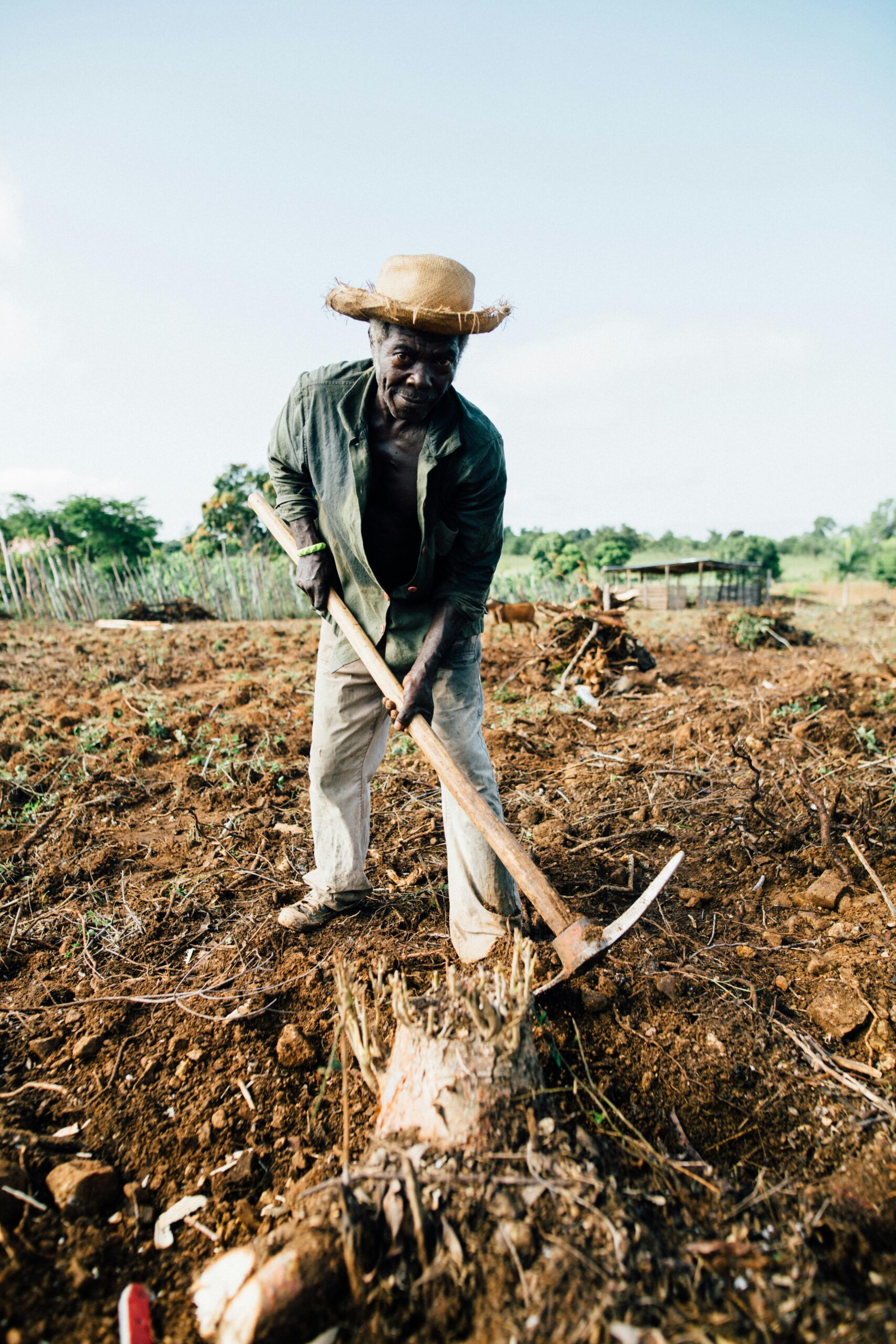Date:February 3, 2025Source:Colorado State UniversitySummary:A new international study highlights the severity of climate change impacts across African mountains, how farmers are adapting, and the barriers they face — findings relevant to people living in mountain regions around the world.
Report: Climate Change Impacts and Adaptation in African Mountain Regions
Source: ScienceDaily, February 3, 2025
Link: ScienceDaily Article
Introduction
A new international study published in Nature Climate Change highlights the severe impacts of climate change on African mountain regions, the adaptive strategies employed by local farmers, and the barriers they face. The findings are relevant not only to Africa but also to mountain communities worldwide, as mountains are among the first ecosystems to experience the extreme effects of climate change.
Key Findings
- Mountains as Sentinels of Climate Change:
- Mountains are highly sensitive to climate change, experiencing faster warming rates than lower elevations. This makes them critical indicators of global climate trends.
- Julia Klein, a co-author of the study and professor at Colorado State University, emphasized that the changes observed in mountain regions, such as glacier melt and extreme weather events, foreshadow what the rest of the world may face.
- Climate Change Impacts in African Mountains:
- The study involved interviews with 1,500 farmers across 10 mountain regions in eight African countries: Cameroon, Ethiopia, Uganda, Rwanda, Burundi, Democratic Republic of Congo, Kenya, and Tanzania.
- Farmers reported increased temperatures, reduced fog, changes in rainfall patterns, and more frequent extreme climate events.
- These changes have led to lower crop yields, reduced livestock production, increased pests and diseases, declining human health, water scarcity, and soil erosion.
- Adaptation Strategies:
- Farmers are adapting by changing planting dates, adopting new crop varieties, increasing the use of soil conservation techniques, and applying more fertilizers and pesticides. Some are also diversifying their income sources.
- However, most adaptations are incremental, with wealthier households better able to implement multiple strategies.
- Barriers to Adaptation:
- Violent conflicts in regions like Cameroon and the Democratic Republic of Congo have hindered adaptation efforts by limiting market access, mobility, and economic opportunities.
- Lack of access to credit, technical skills, and markets further constrains farmers’ ability to adapt.
- Government policies, often designed without considering local contexts, can unintentionally create additional challenges. For example, in Rwanda, policies promoting maize and bean cultivation discourage the use of drought-resistant crops like cassava and sorghum.
Importance of Local and Indigenous Knowledge
- The study highlights the value of incorporating local and Indigenous knowledge into climate adaptation strategies. Farmers’ perceptions and experiences serve as critical records of climate changes in data-deficient regions.
- Aida Cuni-Sanchez, the study’s lead author, emphasized the need for participatory approaches that involve communities in co-designing solutions tailored to their specific needs and contexts.
Policy Recommendations
The study, along with an accompanying policy brief, outlines several priorities for supporting climate adaptation in African mountain regions:
- Community Involvement: Engage local communities in designing and implementing adaptation strategies.
- Improved Access to Resources: Provide farmers with access to credit, technical training, and markets.
- Knowledge Exchange: Facilitate knowledge sharing between local communities, researchers, and policymakers.
- Support for Drought-Resistant Crops: Promote the cultivation of crops that are better suited to changing climate conditions.
- Conflict Resolution: Address violent conflicts that hinder adaptation efforts in affected regions.
Global Relevance
The findings from African mountain regions have broader implications for mountain communities worldwide. As climate change intensifies, the challenges faced by African farmers—such as water scarcity, food insecurity, and extreme weather—will likely become more widespread. The study underscores the urgent need for global action to support vulnerable mountain communities.
Conclusion
The study reveals the profound impacts of climate change on African mountain regions and the resilience of local farmers in adapting to these challenges. However, significant barriers remain, including limited resources, conflicts, and poorly designed policies. By prioritizing community-driven solutions and leveraging local knowledge, policymakers and researchers can help mountain communities build resilience and adapt to a changing climate.
Prepared by: FR Staff
This report is based on the study published in Nature Climate Change and the accompanying article in ScienceDaily. For more details, refer to the original sources.
Journal Reference:
- Aida Cuni-Sanchez, Abreham B. Aneseyee, Ghislain K. R. Baderha, Rodrigue Batumike, Robert Bitariho, Gerard Imani, Nisha Jha, Kaiza R. Kaganzi, Beth A. Kaplin, Julia A. Klein, Ana Leite, Robert A. Marchant, Emanuel H. Martin, Fatuma Mcharazo, Ben Mwangi, Alain S. K. Ngute, Jacques Nkengurutse, Aline Nkurunziza, Lydia Olaka, Teshome Soromessa, Romeo O. K. Tchoffo, Jessica P. R. Thorn, Isaac Twinomuhangi, Martin J. P. Sullivan, Noelia Zafra-Calvo. Perceived climate change impacts and adaptation responses in ten African mountain regions. Nature Climate Change, 2025; DOI: 10.1038/s41558-024-02221-w
-
Story Source:
Materials provided by Colorado State University. Original written by Jayme DeLoss. Note: Content may be edited for style and length.
- Colorado State University. “Study examines how African farmers are adapting to mountain climate change.” ScienceDaily. ScienceDaily, 3 February 2025. <www.sciencedaily.com
/ releases / 2025 / 02 / 250203182220.htm>.



Leave a Reply